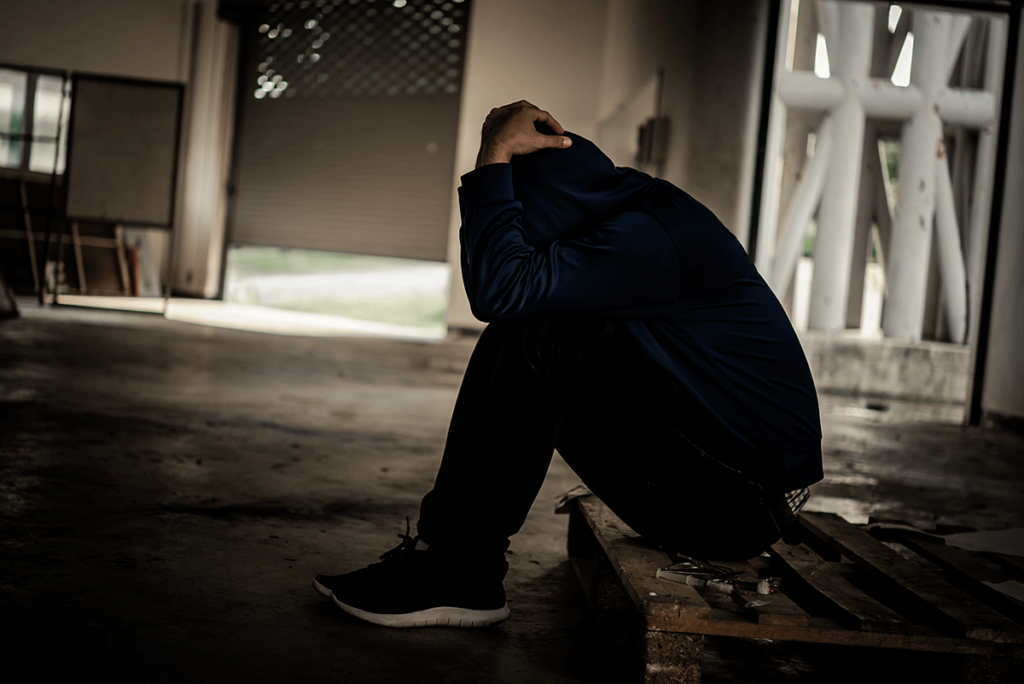Heroin is an illegal and highly addictive drug that has long-term effects on the human body. People who abuse heroin can experience various side effects, from physical to psychological changes, which can have long-lasting impacts if not appropriately treated. Abusing this powerful substance comes with serious risks, including addiction and death. Therefore, it’s essential for those struggling with heroin addiction to seek professional help to manage their symptoms and begin the journey toward recovery.
With proper treatment and support, individuals struggling with heroin use disorder can reclaim their lives free from dependence on this dangerous drug. Call 202.933.5583 to speak with someone from MD M.A.T.T. Washington, D.C., about heroin side effects and our heroin addiction treatment program.
What Is Heroin?
Heroin is an opioid drug derived from the opium poppy plant that has long been used as an addictive substance. It was first synthesized in 1874 by C.R. Alder Wright, a British chemist who experimented with morphine and acetic acid to create diacetylmorphine or heroin. Since then, it has become one of the most widely abused substances in the world due to its highly addictive properties and dangerous side effects on physical and mental health. Heroin’s widespread use continues today despite efforts to reduce addiction rates through education and treatment programs for those affected by this powerful drug.
What Are the Dangers of Heroin Abuse?
Heroin abuse leads to unwanted effects on the body, including physical, mental, and emotional side effects. However, the primary danger is developing a heroin addiction—and increasing the risk of overdosing on the illicit drug, which can be fatal.
What Are the Short-Term Effects of Heroin Abuse?
The short-term effects of heroin abuse include the following:
- Confusion
- Constipation
- Drowsiness
- Dry mouth
- Slowed breathing
- Nausea and vomiting
People who abuse heroin may also experience feelings of euphoria, relaxation, and reduced pain. These feelings are often why they start taking the drug repeatedly and develop a pattern of abuse.
What Are the Long-Term Effects of Heroin Abuse?
The long-term effects of heroin abuse are much more severe and include the following:
- Anxiety
- Collapsed veins
- Depression
- Insomnia
- Liver disease
- Memory problems
Liver disease is an example of an unwanted permanent change that long-term heroin abuse can cause. Ultimately, long-term heroin abuse has dangerous consequences that may be difficult to reverse without professional help and a commitment to sobriety.
Long-term side effects of heroin abuse also include a weakened immune system and an increased risk of infectious diseases. This means that people struggling with heroin abuse or addiction are prone to get infected with diseases like HIV or hepatitis B and C.
How Does Heroin Addiction Develop?
Heroin addiction typically begins when someone takes the drug to achieve pleasure or euphoria, known as a “high.” Over time, their body builds up a tolerance to the drug, meaning they need more to experience the same effects. This spiral of increased use leads them to become dependent on the substance and eventually addicted.
At this point, an individual’s brain chemistry has been altered due to long-term heroin abuse, leading to compulsive drug-seeking behavior and an inability to control one’s heroin use. Those struggling with addiction require professional treatment if they are to have any hope of long-term recovery.
What to Expect from Heroin Addiction Treatment
Heroin addiction treatment should focus on long-term recovery and include medication-assisted treatment (MAT), psychotherapy, lifestyle changes, and support groups. Treatment may begin with a medically supervised detoxification period followed by long-term therapy tailored to the individual’s needs.
It’s essential to remember that overcoming heroin addiction can be long and complicated, but hope for a better future exists. With the proper support, long-term recovery from heroin addiction is possible.
Find Help for the Long-Term Effects of Heroin Abuse at MD M.A.T.T. Washington, D.C.
If you or someone you know is struggling with heroin side effects and addiction, don’t hesitate to contact MD M.A.T.T. Washington, D.C., today at 202.933.5583 to learn more about the side effects of heroin abuse and our heroin addiction treatment program.



